Alcohol Withdrawal: Symptoms, Treatment & Timeline
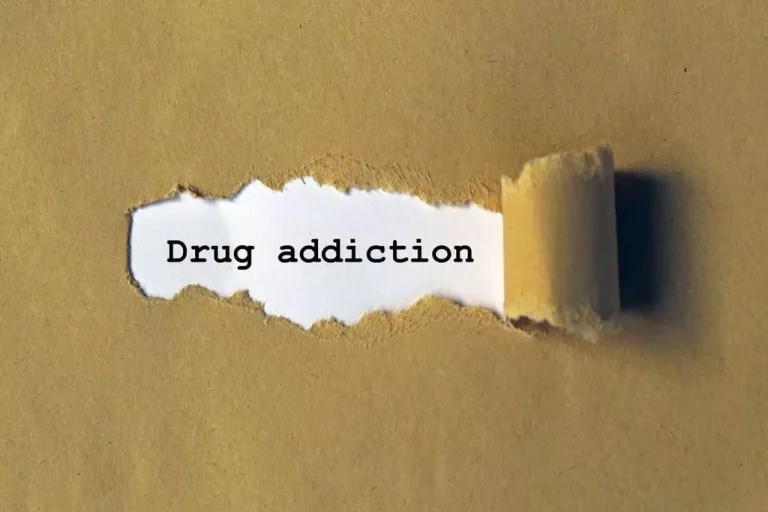
If a trigger is unavoidable, consider what you can do differently next time you face it. At midlife, we are so often defined by what ‘has been’ in our lives – our career, our family, our education. Because one thing is for sure, we are not the same person we were 20 years ago. I gained hundreds of more followers, plus calls and text messages from friends and family. Everything from, “What’s brought this on?” and “Why didn’t you tell me?” to, “This is so admirable” and, “You are so brave and courageous.” Due to Grey’s drinking ban, I also mastered the art of sober clubbing.
- The alcoholic is sober and has no cravings for alcohol, and there is no threat of relapse.
- And as trusting my instincts is a rule I try to stick by, I decided to go for it.
- It’s treatable, but if untreated, it can lead to serious destruction and even death.
- And I also found myself drinking even when I didn’t really want to.
- They may stop taking care of themselves or start making excuses for their problems.
- In most cases, these individuals feel that they have found a solution to their drinking problem that does not involve complete abstinence.
How to Identify Your Triggers
- A 2006 study published in the journal Addiction found that 62 percent of people treated for alcoholism through alcohol rehab or Alcoholics Anonymous maintained recovery after three years.
- If a trigger is unavoidable, consider what you can do differently next time you face it.
- When physical relapse happens, people in recovery from liver damage risk a recurrence of alcohol-related liver disease.
If you start to think of yourself as a failure, you’re more likely to move into the next stage of relapse. Some research has found that 40% to 60% of people dealing with substance abuse disorders relapse within a year. In fact, experts consider relapses part of the recovery process. But that Friday morning last July, after a few weeks of drinking way too much wine (summer was always my excuse) my instinct told me that I should share my insecurities about my midlife drinking on social media.
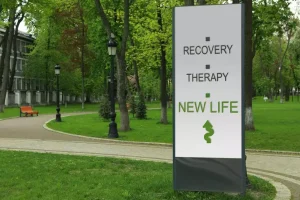
What is the Difference Between Sobriety and Recovery?
Recovery is lifelong, and a relapse can happen at any time, even after years of not drinking. If you’ve been in a program, immediately connect with your counselor, therapist, support group, or mentor. Recommit to your self-care plan, especially activities that eased stress and other emotional triggers. If you can recognize the warning signs of https://ecosoberhouse.com/article/can-you-get-addicted-to-ibuprofen/ each stage, you can take action to avoid a relapse. And so I posted a very raw and real ‘reel’ explaining how I’d had enough of the effects of drinking in midlife.
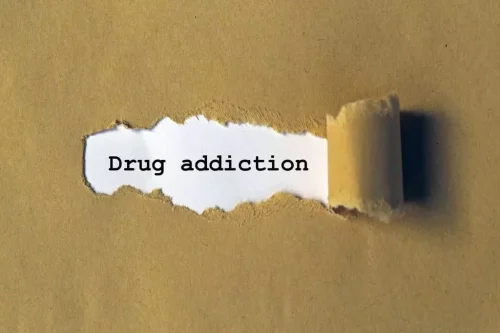
Stage 3: Physical Relapse
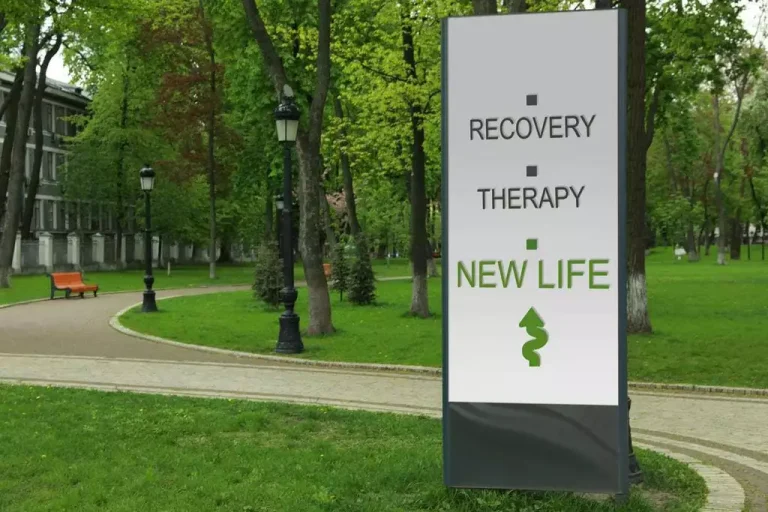
When people drink after a period of abstinence, the body experiences shock. Tolerance to the toxic effects of alcohol on the human system is lowered. If you are sober for up to 30 days, the liver will shed excess fat. After six months of abstinence, the process of fat loss drinking again after sobriety on the liver may be completed, resulting in a healthy liver. Whether it is single use or a boozy bender, there is the risk of alcohol interfering with the body’s normal functioning.
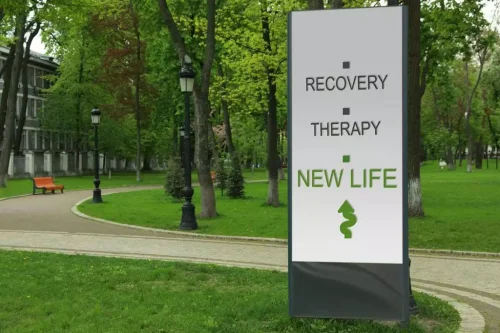
Alcoholism Support Groups
- If you’re someone looking to explore alcohol recovery, then contact Taylor Recovery in Houston but we serve clients all over Texas and outside.
- Symptoms of alcohol withdrawal tend to peak 24 to 72 hours after your last drink.
- Remember that you’re not alone in this, and seeking help from a support network or therapist can make a world of difference.
- Typically, it’s because family, friends, an employer or perhaps a court has forced them into treatment.
- Working with a therapist can be helpful during a period of mental relapse.
A relapse shouldn’t be seen as a failure in treatment, but it does serve as a sign that you might need to change, modify, or reexamine your treatment strategy. Alcoholism is often described in stages, from the initial phase of occasional binge drinking to the final stage of chronic alcohol dependence. Early stages may involve increased tolerance to alcohol and drinking for relief or comfort. As the disorder progresses, individuals may begin to prioritize drinking over other activities, leading to noticeable life problems or health issues directly related to alcohol use. In the final stages, individuals may experience withdrawal symptoms when not drinking, indicating physical dependence. Alcoholism, more formally known as Alcohol Use Disorder (AUD), is a medical condition characterized by an impaired ability to stop or control alcohol use despite adverse social, occupational, or health consequences.
- If a person stops drinking after tolerance, dependence, or addiction takes hold, they will experience withdrawal symptoms.
- Many people require additional support through sober living, support groups and medication to maintain their sobriety.
- You wouldn’t expect that you could self-treat hypertension or diabetes without the help of medical professionals.




